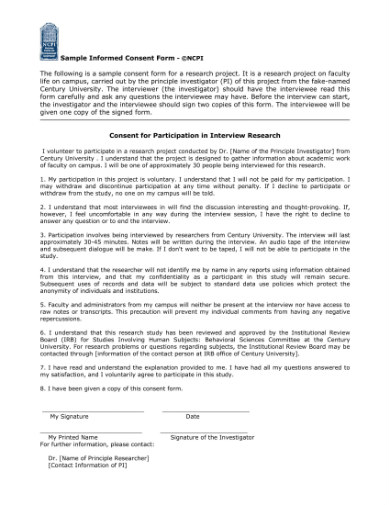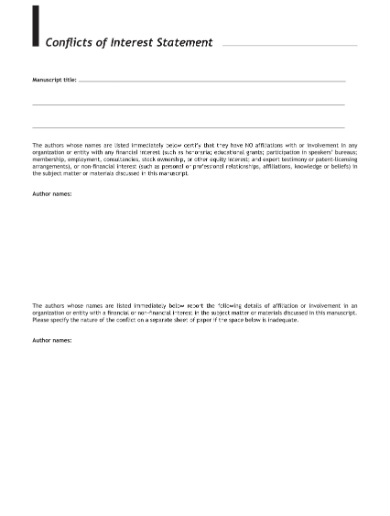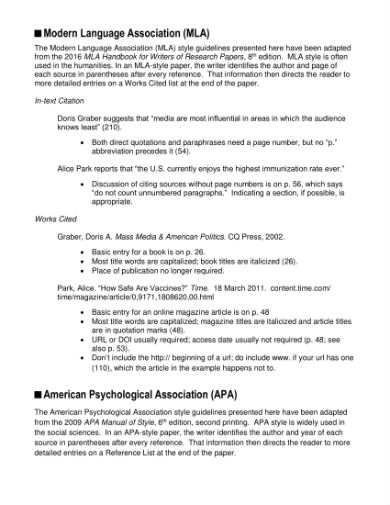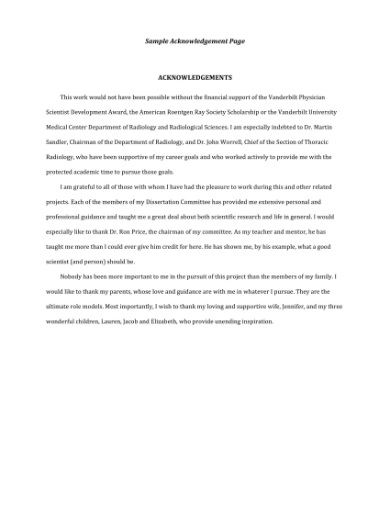9+ Improve Research Conduct Examples
Scientific research, both qualitative and quantitative, is the vanguard of progress. The main goal is to elevate people’s standard of living. In the pursuit of a human-centered end, research hasn’t always stayed clear of reliability dilemmas and gray ethical areas. While we cannot discredit the entire idea of research and its contributions, we cannot dismiss the countless blunders and moral infractions disguised as collateral damage in the name of science. The awareness of the lapses and malpractices has led to the renaissance of a systematic scientific inquiry and the improvement of research conduct.
Research, per se, is generally benign and amoral. It is the means and the methodology of how the findings were obtained that can, at the very least, raise eyebrows, or earn the ire of the rest of the world. Because the research studies can have massive implications on lives and communities, investigations should be regulated and standardized. Several guidelines have been instituted to ensure that research conduct abides by and upholds high ethical and scientific standards.
Bane for boon
The stench of solvent vapor and iron metal, phantom wails in the night, and the fading resolve for a quick end—World War 1 wasn’t just fought on two fronts. It caught the war prisoners and victims of a supremacist idea in the bloody middle. Nazi laboratories saw at least 15,754 confirmed victims of involuntary medical research in Germany’s quest to make its army indomitable in battles. Experiments included effects of low pressure and freezing temperatures to the body, inflicting diseases and infections to the subjects, eugenics, and fertility experiments. Even after the wars, unethical experiments continued to prey on the vulnerable sectors of society. The total disregard for the rights and welfare of human subjects superseded the contribution of the unethical research studies to our understanding of human biology.
Research misconduct isn’t limited to the blatant violations of human rights. Modern-day research is plagued by researchers’ misdemeanors that render their studies questionable and untrustworthy. To address the issue of reliability and integrity in research, journals have retracted several problematic articles. Before approval for publication, journals require the researchers to adhere to the set guidelines on ethical research.Researchers have to show a responsible conduct of their investigation. The scientific community recognizes that the ends do not justify the means.
Defining blurred lines
As proven in history, abuse can be a wolf in sheep’s clothing. At one moment, the line between curiosity and crime might not be as distinct. About 80 years ago, Johnson and Tudor wanted to understand stuttering in children. They used 22 children for the study. They divided the kids into two groups. One group received positive encouragement and support, while the other group was chastised and reprimanded for their speech impairment. The result of the study was not conclusive.
History rightfully dubbed that psychological research as the “Monster Study.” The study was unethical as it did the children more harm than good. However, ethical guidelines for research were not strictly implemented then. In an effort to prevent similar abuses and errors, different academic and research-based entities established a code of conduct relevant to their field. The guidelines are meant to produce trustworthy research and protect participants from undue harm.
Templates for responsible research conduct
Although the rules can be different from one domain to another, the underlying principles of a reliable and ethical research study cross the distinctions we made for each field.
1. Non-disclosure and Confidentiality Agreement Template
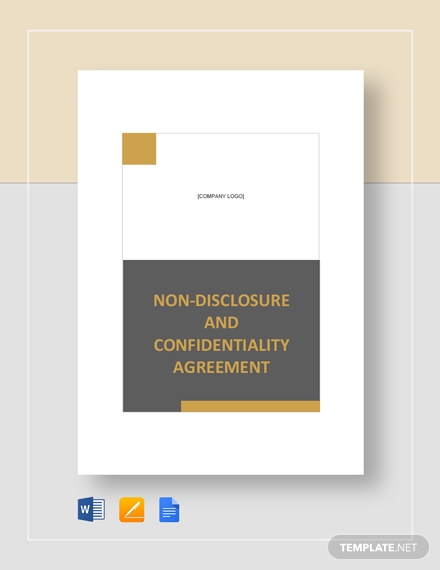
2. Permission to Use Quote or Personal Statement Template
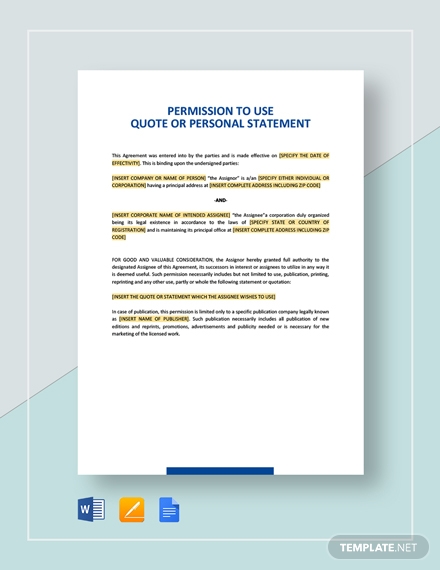
3. Free Asking For Permission Letter
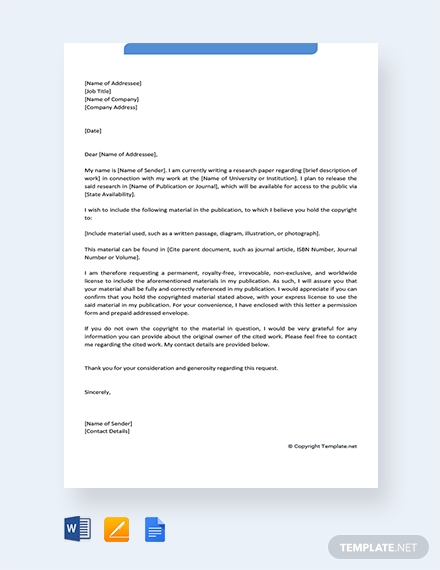
4. Free Permission Request Letter Template
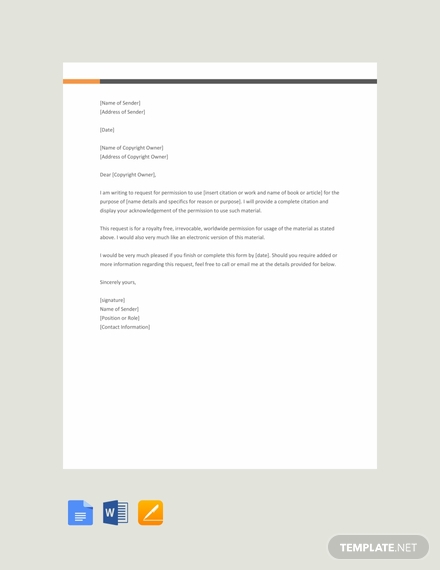
5. Consent Form Example
6. Sample Informed Consent
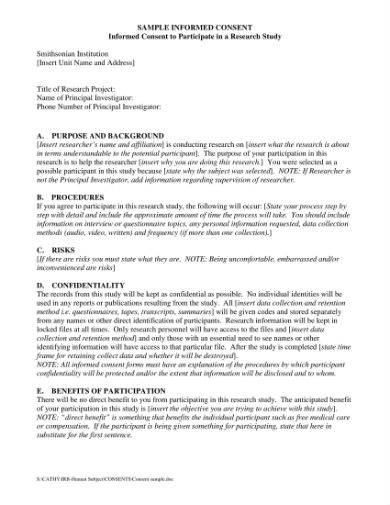
si.edu
7. Research Information Sheet Sample
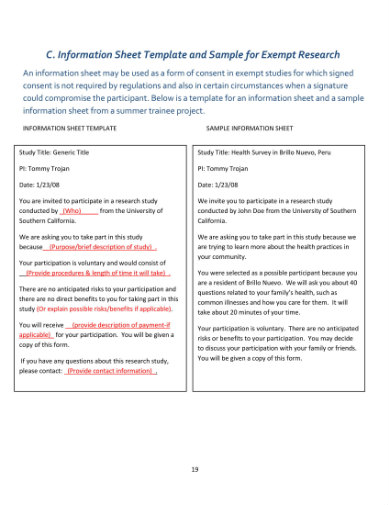
oprs.usc.edu
8. Conflict of Interest Statement Template
9. Downloadable Citation Styles Guide
10. Sample Acknowledgment Page
How to improve research conduct
The noble goal must be met with honest work. The community strives for a systematic, methodical, and reliable resolution to a scientific inquiry that respects the autonomy of man and the sanctity of the quest for knowledge. Therefore, the burden is on us researchers to align our goals to these principles.
1. Thou shall not fabricate
Researchers are stewards of the truth. We perform studies to uncover facts and understand the phenomenon. We want to make a significant contribution to the body of knowledge. The error starts in the belief that significant means conclusive results. This is where people make the mistake of discarding data that do not represent an ideal result—the graph should be linear, and the curve should be bell-shaped. By tweaking and withholding details, we are risking the reliability and integrity of our study. When other researchers replicate our methods to verification, they will arrive at a different result. Remember, a negative result is still a result. We should strive to record and report the actual results of our investigations, even if they do not conform to expectations.
2. Credit the shoulder you stand on
Stand on, not rip off, the shoulder of the giants. We should not steal others’ hard work to compensate for the lack of ours. Science is an inverted pyramid of growing knowledge inspired by the ones that came before. Before we incorporate their ideas to support ours, we must ask permission from the owners first. Also, if we don’t cite our references properly, we are still guilty of plagiarism. We should practice appropriating credit to whom credit is due. Citing someone else’s works strengthens yours, but as researchers, we are also expected to contribute original information to the existing knowledge. Although much work has been done, there are still enumerable gaps in the existing literature that we can address and a multiverse of unknown that we can uncover.
3. Truth and nothing but the truth
Contrary to belief, numbers and statistics can lie. The value of the data depends on its presentation and interpretation. This lets the researchers manipulate the findings to suit their end. It may be so that the data meets what the researcher and the direct benefactors want. In general, research is an objective undertaking to discover the truth. Objectivity exists in the transparent reporting of facts and observations. Therefore, we should avoid personal biases from the design of the study to the analysis and reporting of data. We should declare any conflict of interest or the lack of thereof in the manuscript. In striving for reliable and trustworthy research, we must not misrepresent information to conform to our interests.
4. The prerequisite amen
Much of the research studies, particularly in medical, psychological, and health research, in the past violated the rule of informed and voluntary consent. Consent is not just the explicit expression of approval to an act. The participants should be a party to the research on their own volition, not under duress or influence of another person. They are also free to walk away at will. No person should be coerced, intimidated, or forced into a situation. Further, the research participants should fully understand the consequence of their consent. The participant should have absolute knowledge and control of what will be performed on him or her and with his or her data and biological specimen. In any research endeavor, remember that we are obligated to maximize the benefits and keep the risks at the minimum.
5. Authorized personnel only
Despite being a document that bears facts and the truth, not every detail of the research should be for open access. There are times that we need to make public sensitive information that supports our data. However, we must always ensure that the information we release is not traceable to a person. The participant’s identity must be protected. Confidentiality agreements and certificates are a measure of security for the vulnerable party. These documents ensure that their participation will not cost them job and career opportunities, psychological and emotional turmoil, and the like. The participants can authorize who will have access to their data. We have to respect people’s right to privacy. Before we access their data, we must first make sure that we are authorized.
Research studies can have a ripple effect that will be felt long after the proponent and everyone he or she knows is gone. Some of these effects, we learned, are regrettable. We cannot undo the anomalies of the past. Looking back, we see promising minds fall prey to errors and misjudgments. The burden is on us researchers not to let unwarranted elements influence our work. May all the effort we put into understanding the complexities of our existence not be any justification for the ruin of others.



